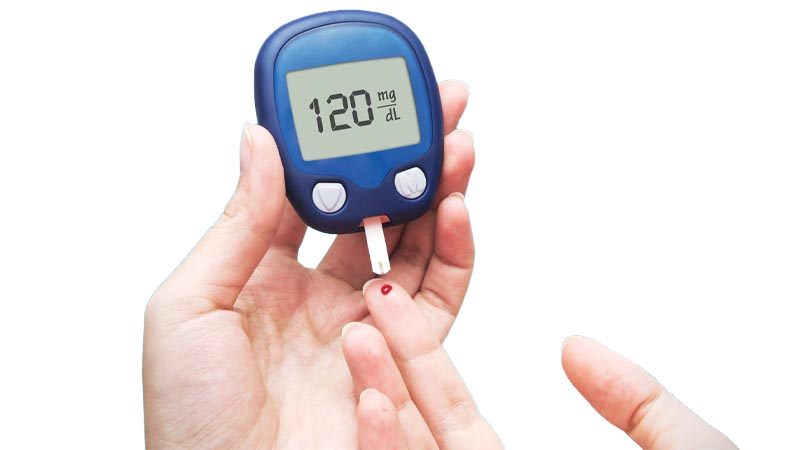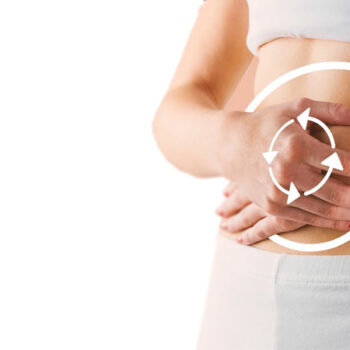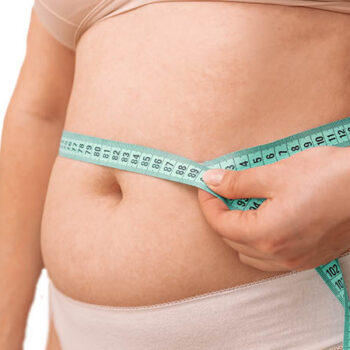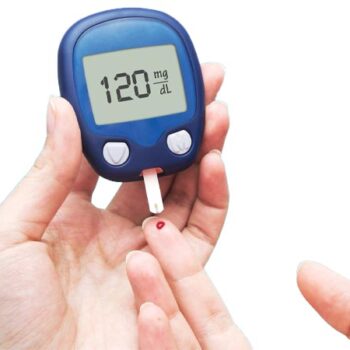Changing dietary habits, increase in ready-to-eat foods, products with additives under the name of snacks, and subsequent inadequate and unbalanced nutrition…
When it comes to our health, it is an undeniable fact that every habit in our lives affects our health by showing chain reactions. Today, increasing wrong eating habits are unfortunately one of the most threatening conditions for our health.
Our body is a set of systems that work in conjunction with each other. Every food we take into our body not only saturates us by passing through our esophagus to our stomach, but also causes various reactions in our body at the cellular level. For this reason, our dietary habits are at least as important as genetic factors when it comes to parameters related to our health.
Today, increasing malnutrition has brought with it the increase of the disease, which we call Type 2 diabetes, also known as diabetes among the people. There are two views on this matter. In some medical circles, obesity is said to be the cause of diabetes, while in some circles it is said that diabetes is the cause of obesity. However, as we mentioned above, our body is a set of systems that work in conjunction with each other. Health problems often have more than one cause.
However, diabetes has become one of the problems that threatens human life today. As with any disease, there is a medical intervention in diabetes. After the intervention with drugs and the treatment protocol, the glucose level in the blood can be kept under control. However, in some patients, interventions with medication are not enough. At this point, diabetes surgery, which is one of the most frequently used operations today, comes into play.
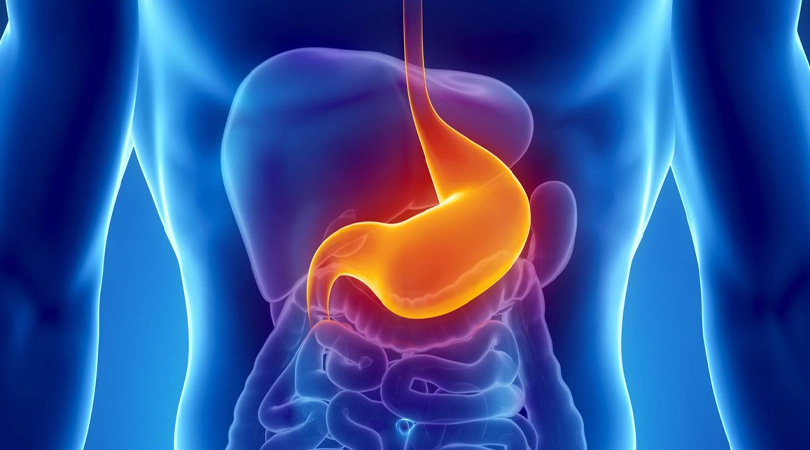

What Is Diabetes Surgery?
Diabetes surgery or metabolic surgery is an operation performed for Type II Diabetes. The aim of this surgery is to control the glucose level in the blood of the person and to save the person from diabetes and side diseases.
Diabetes is a disease that can occur in different age groups. It can occur at the age of 15 – 16, as well as at the age of 45. There are multiple causes that trigger diabetes. Therefore, when it comes to diabetes, surgery is always the last option, just like in other branches.
Who Are Suitable Candidates For Diabetes Surgery?
Diabetes surgery is an effective method for patients with Type 2 diabetes. Unfortunately, patients with Type I diabetes are not suitable for diabetes surgery because the body must produce a certain amount of insulin in this operation.
In order to undergo a diabetes operation, more than one criterion is sought in patients. In addition to type 2 diabetes, patients should not have responded adequately to drug treatments before surgery until they reach the point of surgery. In addition, a body mass index over 35 is another requirement. However, in some patients, surgery can be done even if the body mass index is 30, with the decision of the surgeon. At this point, the tissue damage experienced by the patients and the damage caused by the side diseases caused by diabetes are important criteria.
In general, if a patient does not respond to drug treatments even though they have started to change their habits, and meets one or more of the above-mentioned criteria, diabetes surgery can be considered.
Why Is Diabetes Surgery Needed?
Diabetes, also known as diabetes mellitus, is a disease that damages tissues and organs in the body when not taken into account or an effective treatment is not applied. Diabetes is a disease that affects the functions of organs in people, as well as obesity and co-morbidities such as heart diseases and liver diseases caused by obesity.
Patients with diabetes do not only experience damage to their internal organs, but also these people recover late in possible injuries. Therefore, when it comes to diabetes, the shortest and most effective treatment is required since the extent of the destruction it causes is large.
How Is Diabetes Surgery Done?
The first step of surgical operations is to evaluate the patients with examinations and decide whether they are suitable for surgery. Although patients do not get sufficient results from diabetes treatments and need surgery, there are other criteria for them to have surgery. There are some specific criteria, such as whether there is an infection in the blood, whether there is a health problem in the lungs, the patient’s thyroid values, the patient’s suitability for anesthesia. If patients meet these criteria, then the patient’s surgery is approved and the patient is given a date for surgery.
Diabetes surgery is an effective operation performed in a full-fledged hospital under general anesthesia. The closed method is generally used in diabetes surgery. Thus, both the post-operative recovery process is fast and possible complications are minimized. These operations are generally performed by making 5-6 incisions with a diameter of 1 cm in the abdominal region using the closed method.
The purpose of diabetes surgery, also called metabolic surgery is to change the hormonal values that cause diabetes and to enable the person to leave diabetes behind. obesity, one of the most common problems with diabetes, is also left behind for the most part with this surgery.
In diabetes surgery, the digestive system of the body is largely intervened. First, the stomach is intervened. The stomach is one of the places where the hormone known as Ghrelin hormone in the literature, also called hunger hormone among the people, has an effect. With the intervention in the stomach, it is aimed not only to restrict food intake, but also to reduce the effectiveness of this hormone.
Although the stomach is intervened and the feeling of hunger is greatly limited, it is not enough to only intervene in the stomach when it comes to sugar surgery. After the intervention on the stomach, the small intestine is intervened where the stomach exit is. In this way, it is aimed to reach the last part of some foods without being digested and to secrete the hormone Glp-1. This surgery provides patients with the advantage of losing weight quickly, living without insulin supplementation, and keeping cholesterol at normal values.
Another technique used in diabetes surgery is transit bipartition. In this surgery, a connection point is created between the small intestine and the stomach. Consumed food is intended to be absorbed in the small intestine.
What Are The Advantages Of Diabetes Surgery?
Diabetes surgery is not an obesity surgery. The purpose of these operations is to regulate the secretion and absorption of hormones rather than shrinking the stomach. In diabetes surgery, which aims to correct the secretion of hormones, especially the hunger hormone, the stomach and small intestine are intervened for this purpose.
After the operation, patients lose weight because their food intake is restricted. Likewise, since the secretion of hunger hormone is interfered with during the operation, people experience a feeling of satiety more after the operation.
After diabetes surgery, patients can leave behind co-morbidities and obesity caused by diabetes.
In addition, delayed healing and organ deformations in tissues caused by diabetes are left behind.
What Is The Recovery Process Of Diabetes Surgery?
After diabetes surgery, patients gradually leave behind the deformations caused by diabetes, and they also start to lose weight over time. However, they can easily be discharged and return to social life within 4-5 days after the operation.
You will be kept under observation for the first 24 hours after diabetes surgery. During this time, your blood pressure is measured at regular intervals. Your oxygen values are monitored with the oximeter attached to your finger. In order to strengthen your lungs after the operation, you should do certain breathing exercises in the first week. All information about this process is provided by our team.
You may experience mild dizziness while moving on the first day. This is an expected situation. In the post-discharge period, guidance will be given by our doctor regarding both your eating habits and exercises. In this process, you should consume 1.5 liters of water and then 2.5 liters of water per day.
You should use a stomach protector for the first 1 month after the operation. You should use food supplements until you return to a normal diet.
You can start work 3 weeks after the operation. You can do light walks, but you should wait at least 3 months for exercises that require extreme effort.
What Should Be Considered After Diabetes Surgery?
• There is no need for removal as the stitches will dissolve on their own within a month after the surgery.
• It is important to follow the nutrition program specially prepared for you by the dietitian, both in terms of preventing complications and accelerating the weight loss process.
• Since foods such as bread, pasta and rice have high carbohydrates, they should not be consumed for a while to avoid dumping syndrome.
• Patients with diabetes surgery are required to comply with daily exercise programs in addition to the nutrition program.

 Nederland
Nederland Türkçe
Türkçe Français
Français